Five months after the downing of the Chinese surveillance balloon off South Carolina, investigations continue, led by the FBI with support from agencies like the DIA and the Pentagon. While officials have confirmed the balloon's intelligence-gathering capabilities and taken steps to mitigate data collection, the full extent of its activities remains under scrutiny.
The balloon, equipped with specialized Chinese sensors and some commercially available American technology, has raised concerns about China's access to U.S. tech despite export controls. The State Department has emphasized its commitment to preventing the exploitation of American technology against U.S. interests.
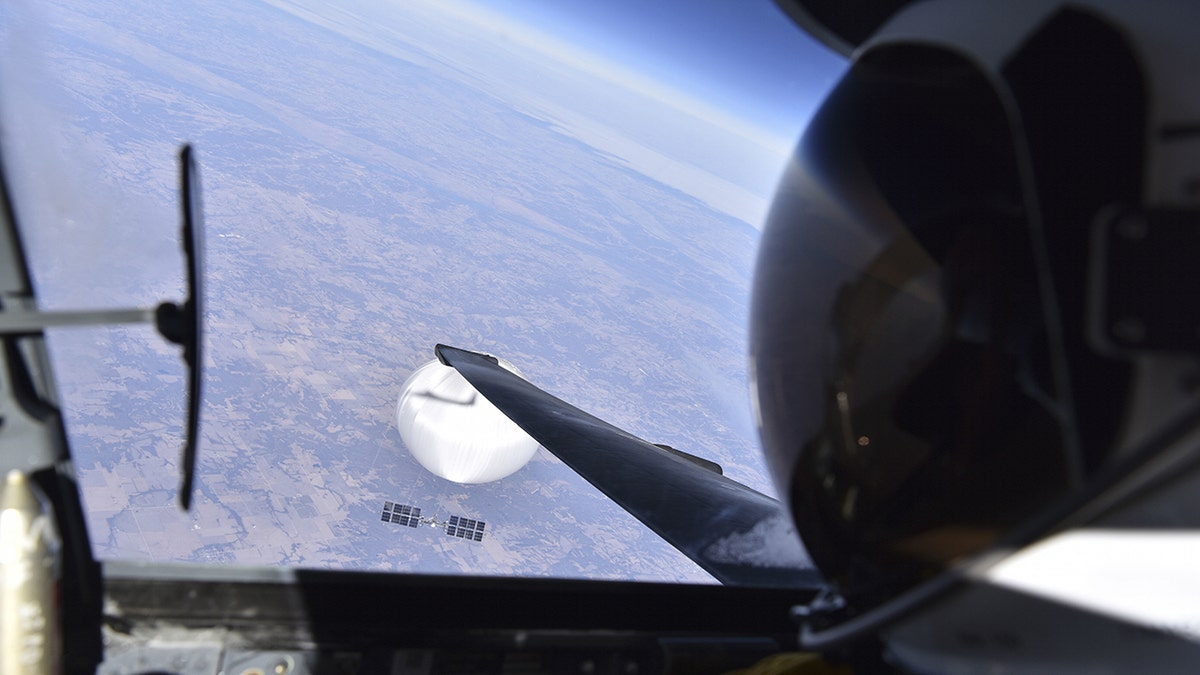
The DIA's analysis of the military equipment on board is ongoing, with findings potentially shedding light on China's military capabilities and tactics. A recent DIA report highlights China's investment in intelligence, surveillance, and reconnaissance technology, and its use of deception in warfare.
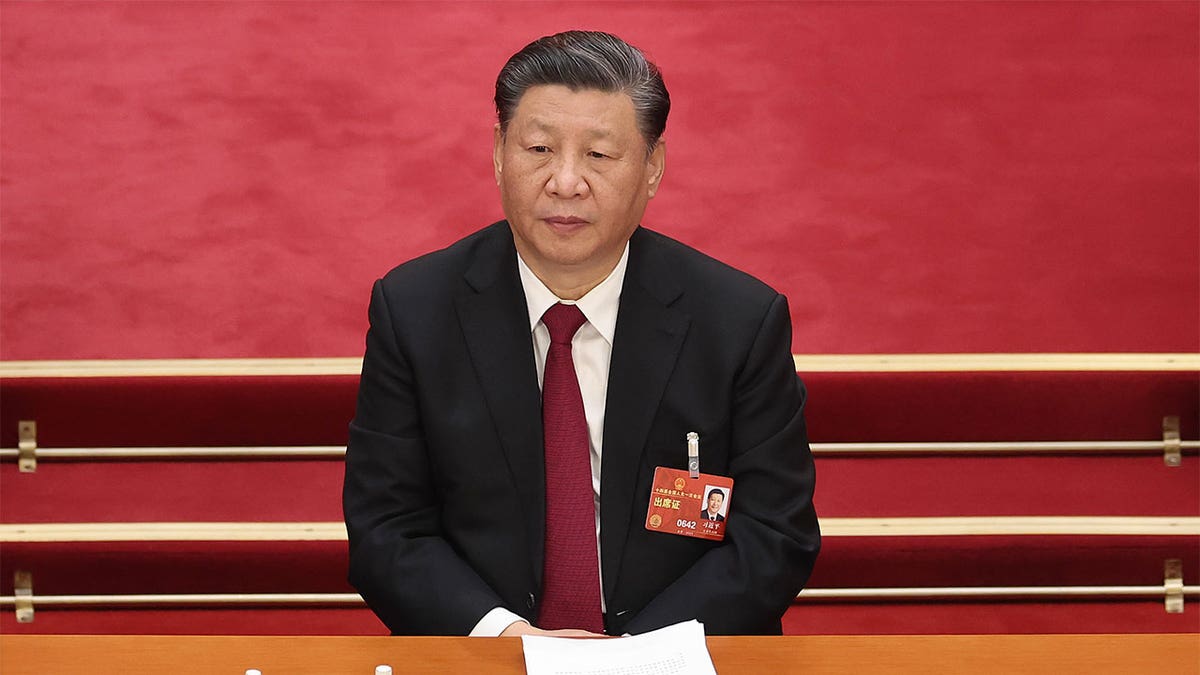
President Biden's suggestion that the balloon's trajectory may not have been fully intentional has added another layer of complexity to the incident. While the administration has resisted publicly disclosing all details of the investigation, citing national security concerns, some lawmakers have expressed frustration with the limited information released.
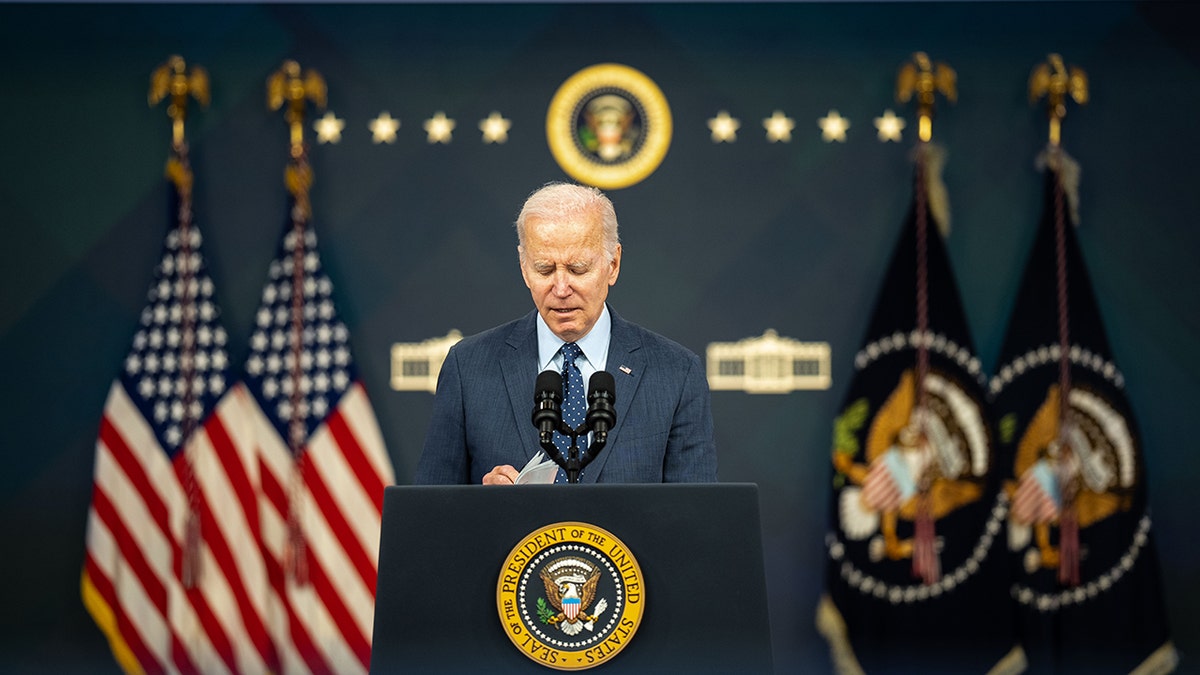
The FBI, deferring public updates to Director Christopher Wray's February statements, continues to analyze the debris in collaboration with other agencies. The investigation extends beyond the balloon itself to encompass the broader threat of Chinese espionage.
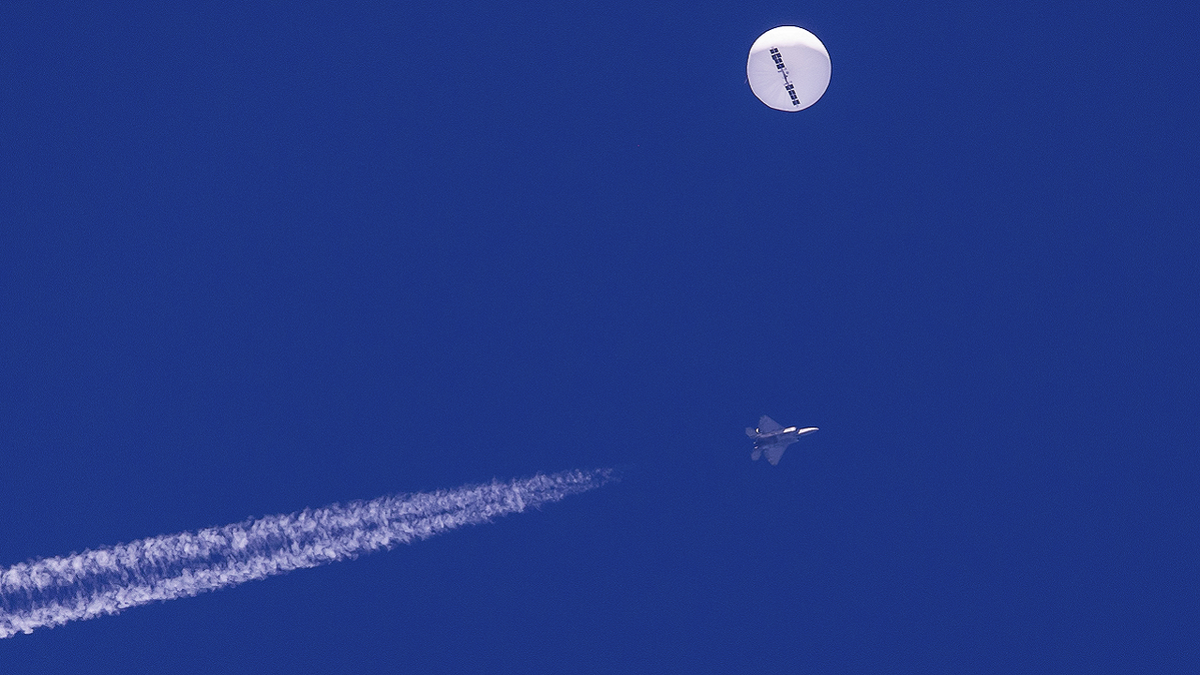
The fate of three smaller objects shot down over North America remains unclear, with initial searches yielding no debris. While these were suspected to be benign, their downing has sparked discussions about improved tracking systems for high-altitude objects to avoid unnecessary military interventions.
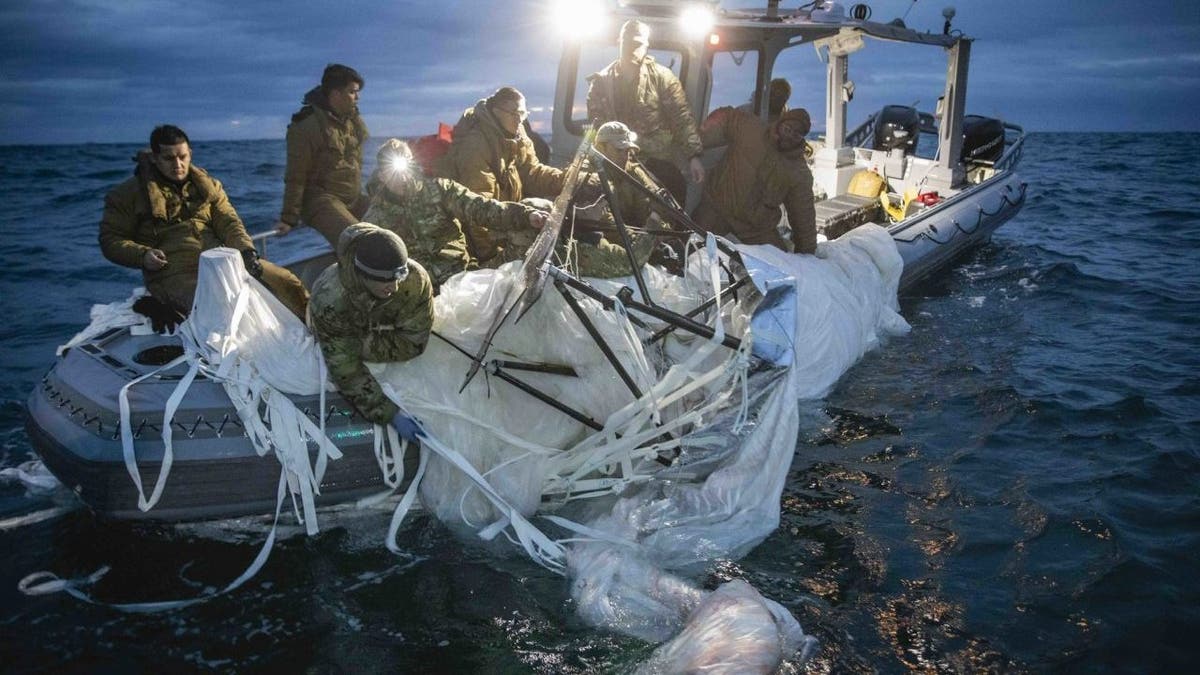
Despite Secretary of State Blinken's recent meeting with Chinese officials and the subsequent stabilization of relations, some lawmakers remain concerned about U.S. preparedness and the broader implications of the incident for national security. They continue to press for greater transparency and accountability.
Comments(0)
Top Comments